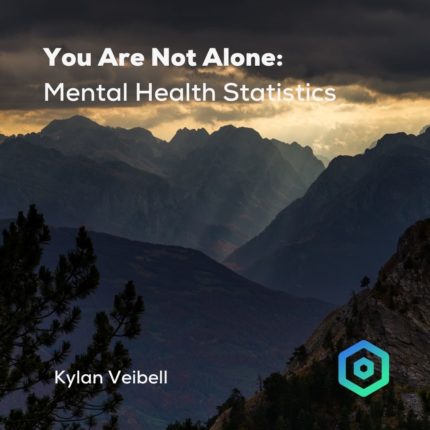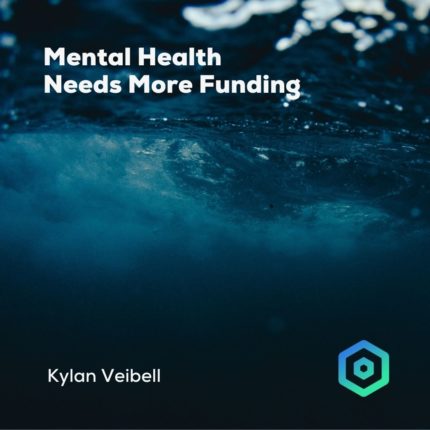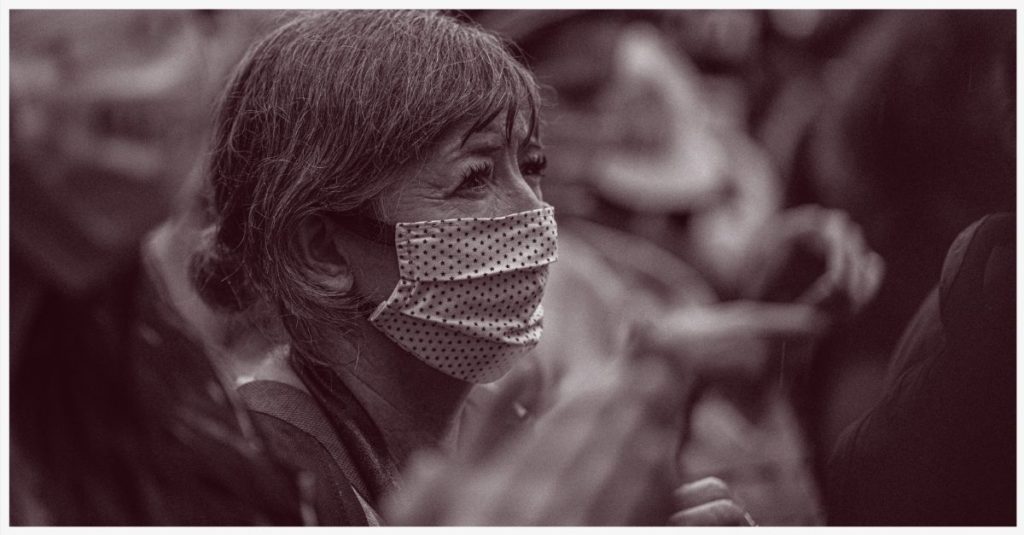You Are Not Alone: Mental Health Statistics
You are not alone! Statistics show that millions of people just like you struggle with their mental health, although you wouldn’t know since most live their lives in silence. In a society that encourages, promotes, and rewards the macho man and the flawless women, it is no wonder many people dealing with mental health keep their mental health to themselves out of fear of being second to those whose lives appear all too perfect. Too often, this secrecy produces serious outcomes such as obesity, addiction, divorce, financial ruin, and suicide as people attempt to cope with their symptoms in unhealthy ways. Until recently, I was among the millions living in silence.
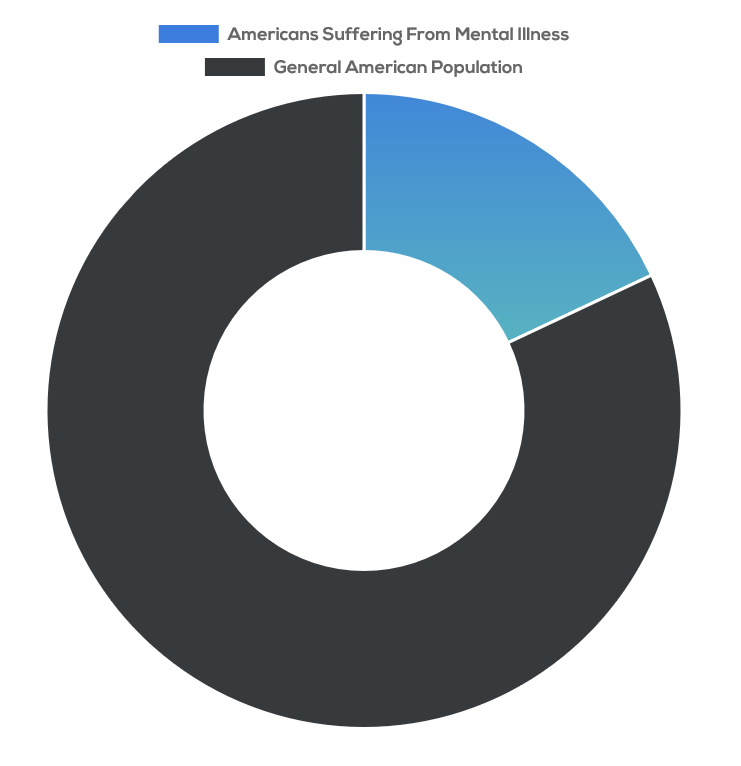
Recent studies have confirmed these claims. In 2018, one in five American adults over the age of eighteen reported currently struggling with some form of mental health illness including obsessive-compulsive disorder, post-traumatic stress disorder, schizophrenia, and borderline personality disorder; as well as other mental wellness challenges including anxiety and depression. In 2016, 16.5% of youth between the age of six and seventeen reported experiencing similar mental health symptoms. More astonishing, are estimates that show more than half of the American adult population will suffer from some form of mental health symptom in their lifetime.
How Stigma Impacts Mental Health Care
Although improving, sizeable social stigma continues to surround mental health struggles and the act of seeking help. According to recent studies, only 39 percent of the people who had a mental health symptom in the past year received professional health care or other services. Men are the least likely gender to seek help and the most likely to die of suicide where their mental health wasn’t reported or being treated prior to their suicide. Many of these men die of suicide without even telling a loved one about their struggles!
These statistics on mental health are concerning. It means there are millions of people who are unnecessarily struggling and performing below their potential. For those not openly discussing mental health and seeking help, common reasons include fear, shame, hopelessness, lack of insight and awareness, lack of transportation, and financial strain.
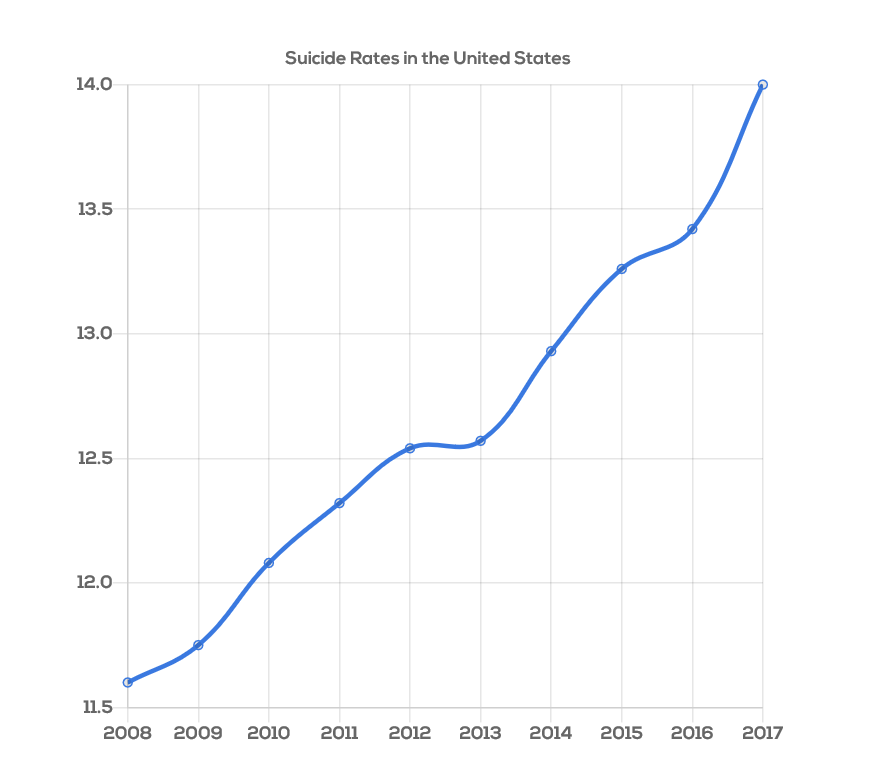
For those of you who experience mental health lows, these findings and statistics prove you are not alone. They prove the importance of being open and the criticality of seeking help! In the complex and changing world we live in, there are many people just like you, working through their mental struggles day in and day out, but doing so in silence. We want to change that. We want to help you! We want you to help you! We want others to help you! We are committed to you!
How We Can Help
At Overt Foundation, our purpose is to restore mental health one person and community at a time, so that, together, we will actualize our highest potential. We believe, together, we can solve the social stigma, silence, and treatment rates, ultimately improving the overall mental wellbeing of our society. We believe, as loved ones and community members create a none idealized (macho man, perfect women) safe environment, people will find opportunities to discuss their mental health and seek help to learn healthy tools, techniques, and routines for managing their complex and changing lives.
We are on a mission to educate people about the seriousness of mental health, the power of being open with others, and the need for creating a safe environment for those seeking help. We are also committed to building a safe community of individuals who connect with each other by promoting openness about their experiences with mental health. And most importantly, we are assisting people who otherwise could not afford therapy, in restoring their lives through improved access to the help they need.
This is a movement and we need your help!
For those of you not overt about your mental health, we ask you to be open with a friend, loved one, or confidante, seek help from a professional or someone that has experienced the same challenges, and apply the tools and practices they recommend. We encourage you to be one of many who break the social stigma around mental health and beat the statistics by sharing your story on our website and with your social media circle.
To everyone, we need your financial support so we can realize our vision of restoring mental health one person and community at a time by providing access to therapy to those who are unable to afford it. We ask that you donate to our cause or sponsor someone in need. Our operations are entirely funded, meaning, 100% of all donations go towards helping someone access the help they need.
Together, we can and will restore mental health one person and community at a time.
You are not alone!
We encourage you to learn more about our vision and model.
Kylan Veibell
Kylan founded Overt Foundation in January 2019 as a way for him to help others who are struggling with the same mental health circumstances he experienced throughout his life. Kylan’s purpose in life is to empower, motivate, and inspire the development of humanity so that, together, we will actualize our highest potential.
